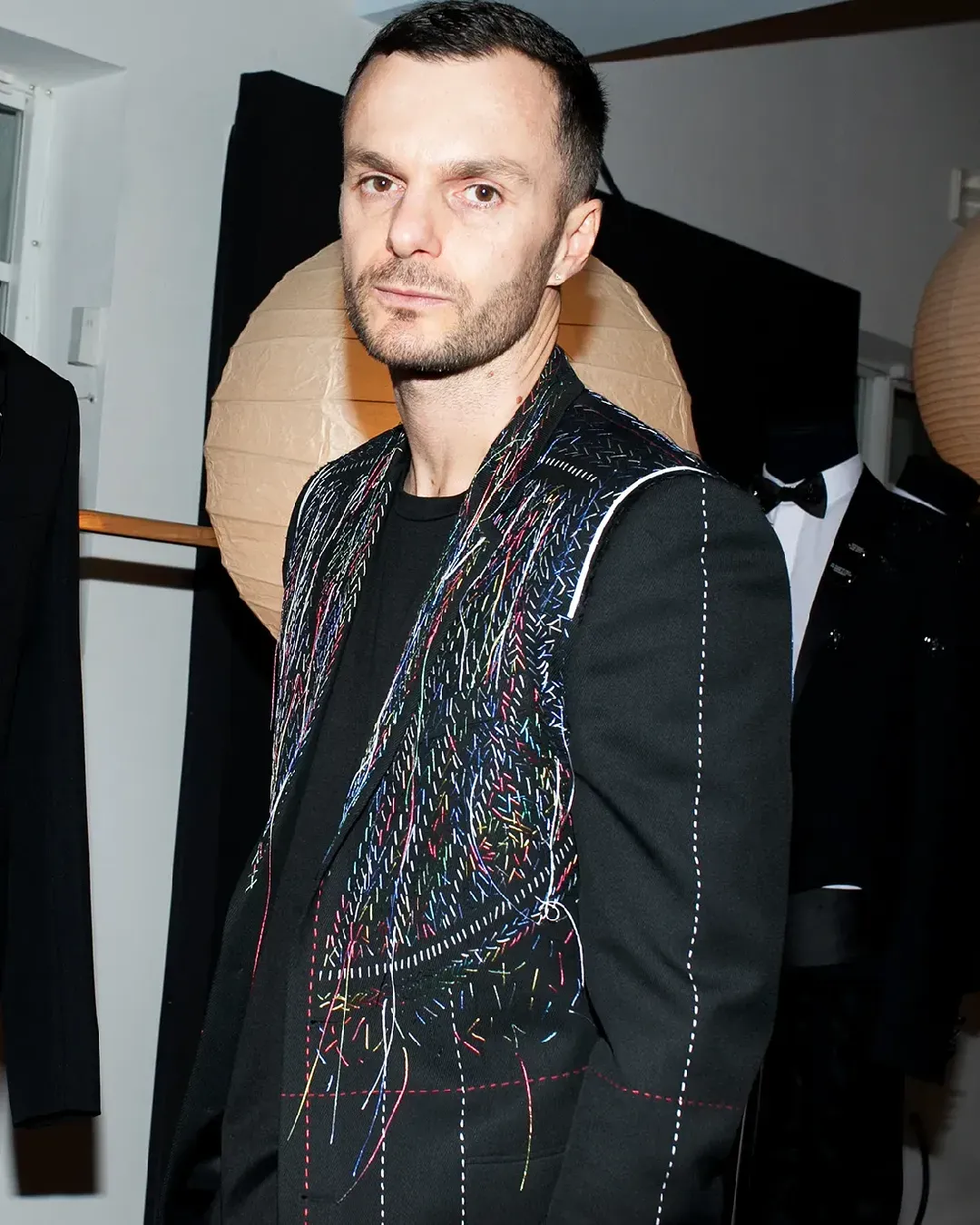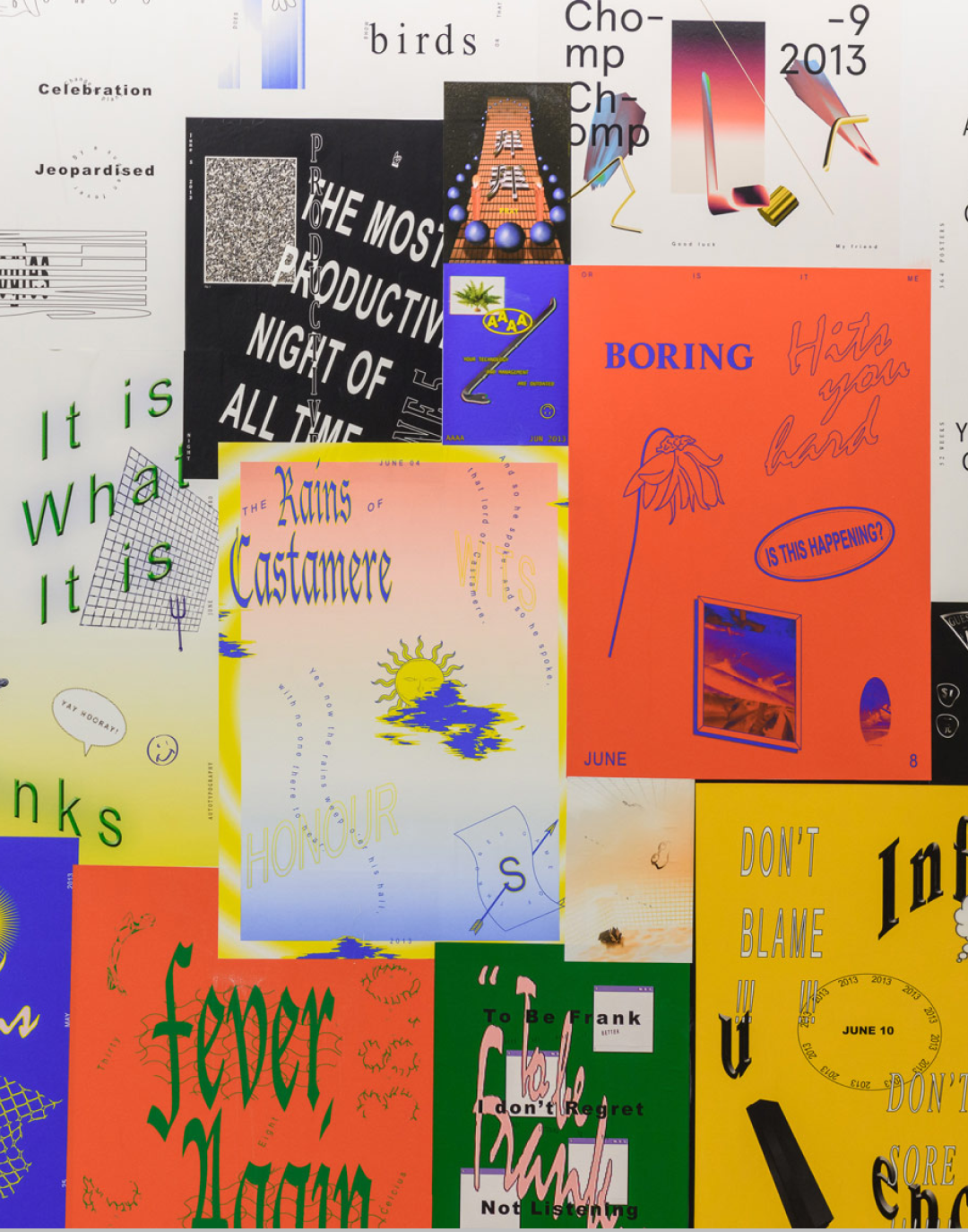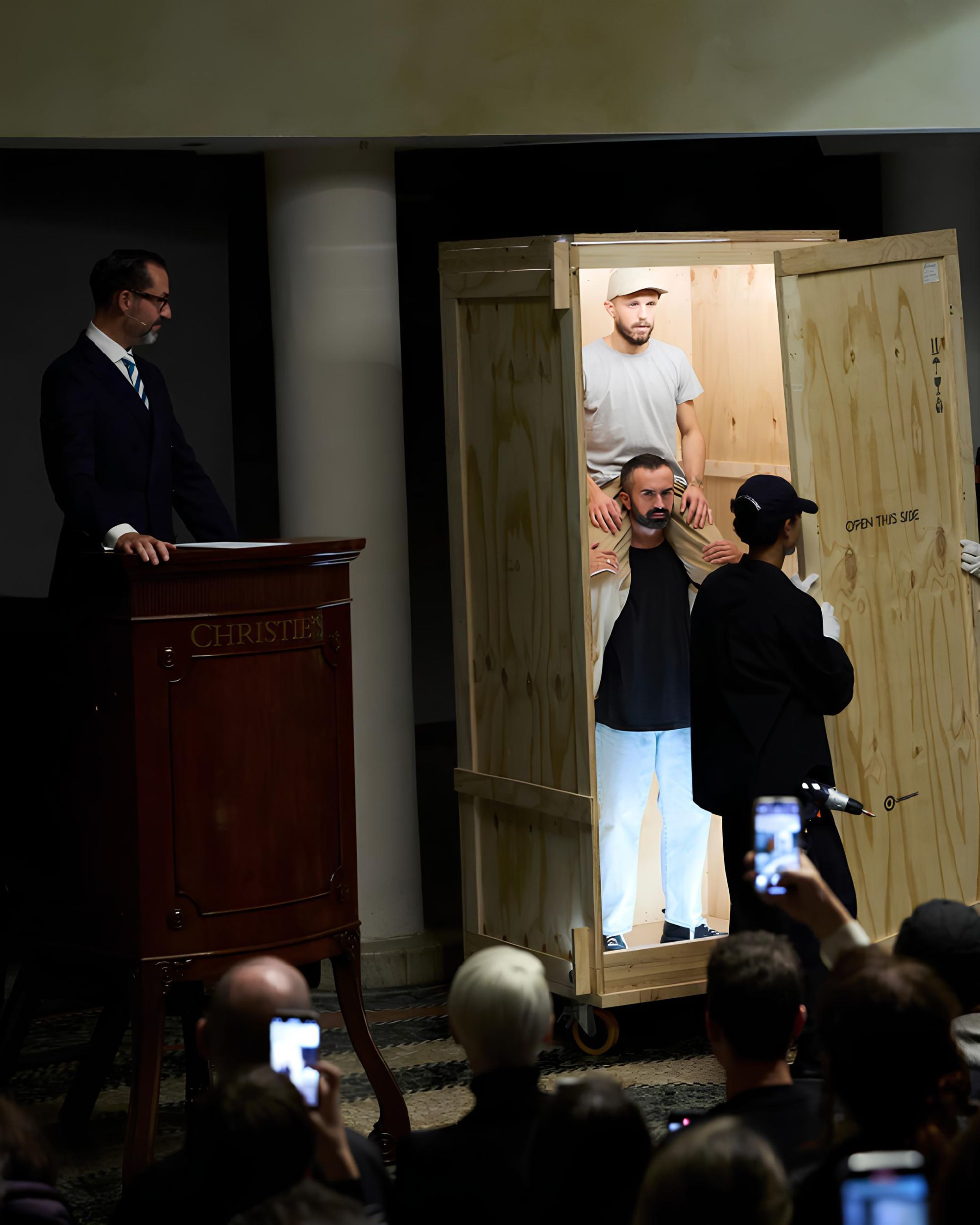
Airbnb's new strategy to survive This Summer the brand focuses on local tourism
"Travel will never, ever go back to the way it was before", stated a few days ago Brian Chesky, Airbnb CEO.
With the progressive spread of the pandemic on a global scale, many had started to count Airbnb among the victims of COVID. In the past few months, there has been a lot of talk about an Airbnb Apocalypse mainly because of an impressive number of cancelled reservations, in addition to the company's decision to lay off about 25% of its employees. Surprisingly, however, in recent weeks the giant led by Chesky has experienced a boom in reservations, also thanks to the launch of a new initiative, 'Go Near', which aims at encouraging proximity tourism, often staying within national borders. In Italy, for example, the most popular destinations are Lake Como, Val d'Aosta and the Tuscan countryside.
While in Europe the situation seems to have returned under control, the company founded by Chesky together with former college friends Joe Gebbia and Nathan Blecharczyk - who were aiming for stock market listing this year - has radically changed strategy. For years, in fact, the brand has focused its narrative on the concept of community, on the idea of feeling at home even on the other side of the world, an illusion carried out thanks to an aesthetic that is always the same, replicated in every Airbnb accommodation, in San Francisco as in Osaka. Minimal furniture, iron chairs, exposed bricks and beams, industrial lights, light tones, the AirSpace imaginary merges and mass-produces places, from coffee shops to co-working spaces, through objects and symbols that should be synonymous with comfort and familiarity.
If initially, the revolutionary idea behind Airbnb was to focus on the relationship between host and guest, over time the experience has become much more individual, shifting the focus on the relationship between guest and home. The aesthetic homologation made by Airbnb - not without picking up fashions and trends from IKEA's catalogues - had as its objective the creation of shared and therefore familiar imagery, which would make the journey an extension of one's home, but ultimately it did cancel all the differences and the different perspectives that distinguish the various cities of the world.
Not only does the new 'Go Near' project overturn that international vocation that Airbnb has always boasted, but it is closely linked to a new vision of globalization, the result of a change in the mindset caused by the pandemic and by the evolution of the role of brands in the formation of new consumer habits, a phenomenon that took on a completely new importance during the lockdown. The 'Go Near' project has its roots in the idea of domestic holidays and travel, where destinations are often close to home, accessible by car, spots in which to relax without having to take a plane. For some time now we have witnessed a shift in the approach to the holiday, which in recent years has increasingly intersected the concept of New Luxury and therefore of experience, going to redefine the values of space and time, a change destined to grow further after the pandemic.
In particular, the 'remote' meaning, when it comes to a vacation spot, never as today does not refer to exotic destinations thousands of kilometres away, reachable only with endless intercontinental flights, as instead to a location also close to home, but empty, in a sense ours. It is not the right time to cram into large hotels, getting lost in huge resorts, in crowded swimming pools or in equally crowded attractions, the luxury of space is having an apartment, a house of one's own, or at least for rent for a while.
This perspective goes hand in hand and moves in a virtuous circle with the relaunch of a certain Mediterranean aesthetic, which turns luxury into a familiar and elementary feeling like living in a house by the sea rather than in a 5-star hotel in Singapore. We have flipped through our inspirational holiday album on Instagram, in the feeds of Jacquemus, Bottega Veneta and in recent weeks also by Chanel. Mediterranean destinations, familiar, which embody the idea of a return home, therefore representing a return to normality that the emergency has wiped out. A sensation also enhanced by the holiday shots of a Chiara Ferragni who is making a grand tour of the Italian beauties, also causing a heated debate on the convenience of influencer marketing in the culture sector.
Airbnb numbers reveal yet another trend, this time linked to the time factor. Airbnb has always been synonymous with short term rentals, quick stays often dictated by business appointments or short visits to family members. It is the new habits linked to the lockdown that has reversed this trend. The Chesky site has in fact registered many requests for long rents, a practice that reveals the desire for real escapes from the city and from one's daily life, but at the same time there is the belief of being able to recreate and move one's daily life, and their work, even in different homes, in different places, and for an extended period of time.
As revealed by the words pronounced by Brian Chesky, and alongside what has already happened in the world of fashion, where we have witnessed a growing relevance of e-commerce and a general, and inevitable, shift towards digital, the pandemic did nothing but accelerate and radicalise changes that were already underway, especially in regards of consumer habits. It is likely that we will continue to deal not so much with the pandemic, but with its consequences also in the summers to come, especially in the choice of our holiday.


























































